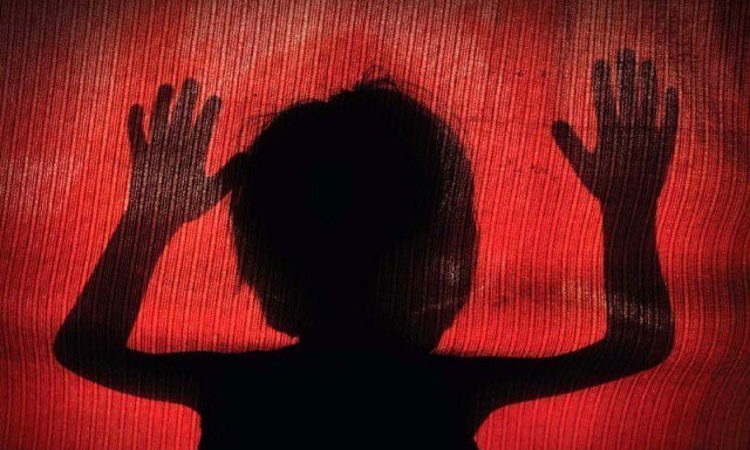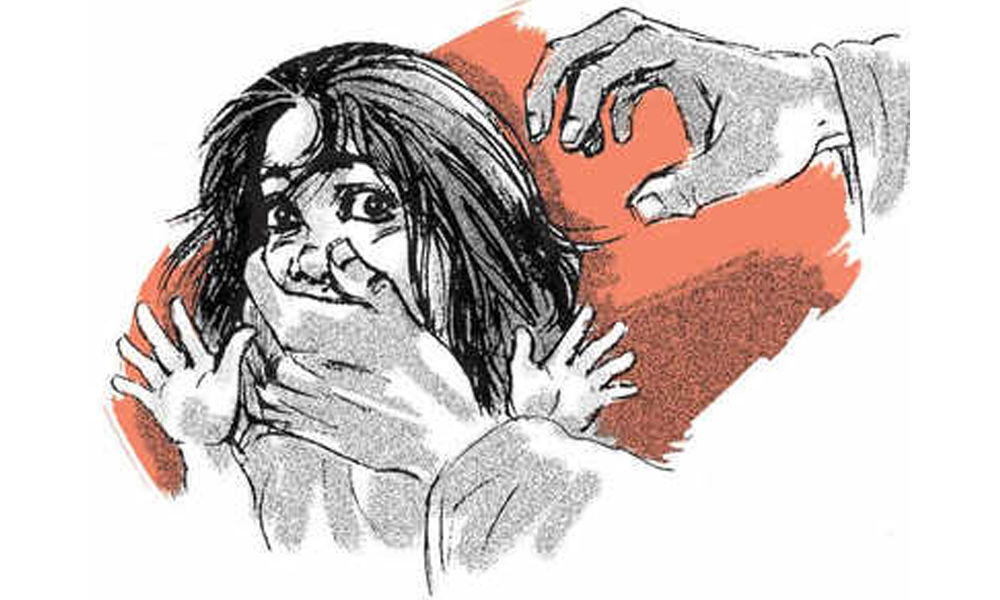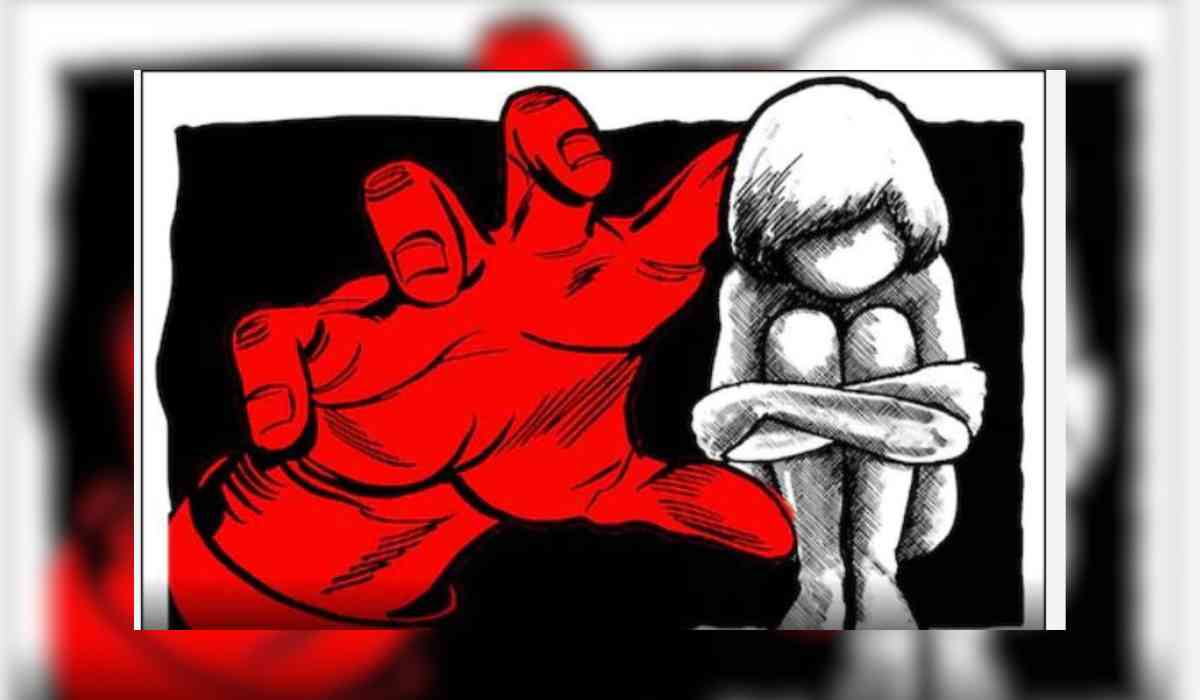A shocking tale of maternal betrayal and abuse has stunned the nation in the recent court ruling in Kerala. The details of the case, involving a woman allowing her partners to sexually assault her own daughters, unravel a harrowing narrative that challenges our understanding of motherhood and protection.

Unfolding Horrors: A Timeline of Betrayal
The distressing events transpired between March 2018 and September 2019, a period marked by the abandonment of a mentally ill husband by the woman in question. Choosing to cohabit with her two lovers during this tumultuous time, the woman's daughters, aged 11 and seven, became victims of unspeakable horrors.
The first lover, Shishupalan, perpetrated brutal abuse on the younger girl when she was merely seven years old and attending Class I. Shockingly, the victim confided in her mother about the assault, but tragically, no action was taken. Instead, the mother facilitated the other lover in abusing the child, subjecting her to repeated assaults in his residence. These despicable acts resulted in severe injuries to the child's private parts.
Notably, Shishupalan did not spare the elder daughter either, using threats to coerce their silence. Subsequently, a case was registered concerning this abuse, and while the trial was underway, the incident came to light after the children's grandmother filed a complaint. The elder sister, fleeing her mother's house with the younger, brought this heinous ordeal to the authorities' attention. Presently, the children find refuge in a Children’s home following counselling sessions where they recounted the horrors they endured.

The Verdict: Condemning Maternal Betrayal
In a landmark decision, Thiruvananthapuram Fast-Track Special Judge R Rekha delivered a sentence reflective of the gravity of the crimes committed. The woman stands condemned to 40 years of rigorous imprisonment and a fine of Rs 20,000 under the Protection of Children from Sexual Offences Act (POCSO), a sentence that epitomizes the maximum punishment for such offences.
Special Public Prosecutor R S Vijay Mohan affirmed that the mother would serve the highest term, 40 years, as the sentences would run concurrently. Notably, the primary accused, Shishupalan, met his demise by suicide during the trial, leaving the woman to face justice alone.
The court's verdict resonates with a poignant observation: the childhood of the survivor was shattered due to the very person entrusted with safeguarding it. The court emphasized that the accused, who should have been the guardian of a happy and secure life for her children, instead orchestrated their harrowing exploitation.
In arriving at this decision, the court meticulously examined 22 witnesses and 33 documents, underscoring the severity of the crimes and the necessity for just retribution.

Facing the Gravest Betrayal: A Call for Accountability
The judiciary's firm stance against such abhorrent acts reflects society's collective revulsion and demand for justice. This case underscores the dire need for vigilance, intervention, and protection of the most vulnerable among us. The betrayal of maternal trust and the devastation inflicted upon innocent lives demand not only legal accountability but also societal reflection and action.
As a nation, we stand witness to this egregious betrayal, urging us to strengthen our resolve in safeguarding our children, the custodians of our future. Such atrocities must serve as a clarion call to fortify our commitment to protecting the innocence and sanctity of childhood.
The grim realities of this case compel us to confront uncomfortable truths about protecting our children and nurturing an environment where trust is never breached, especially within the sanctity of family.
© Copyright 2023. All Rights Reserved Powered by Vygr Media.






















